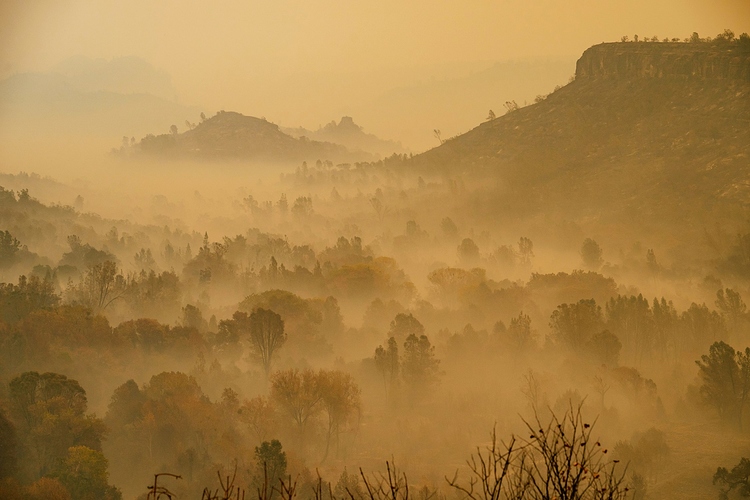In the New Yorker, Rachel Riederer explores a less discussed aspect of the human reckoning with climate change: individual psychological responses such as depression, melancholy, and denial. While countless articles and books have examined political paralysis and mass inaction in the face of climate catastrophe, few discuss how this looming, overwhelming phenomenon affects our individual psyches, especially among those who are on the frontlines of the battle against it. Here’s an excerpt:
In 2008 and 2009, the American Psychological Association put together a task force to examine the relationship between psychology and climate change. It found that, although people said that climate change was important, they did not “feel a sense of urgency.” The task force identified several mental barriers that contributed to this blasé stance. People were uncertain about climate change, mistrustful of the science, or denied that it was related to human activity. They tended to minimize the risks and believe that there was plenty of time to make changes before the real impacts were felt. Just ten years later, these attitudes about climate feel like ancient relics. But two key factors, which the task force identified as keeping people from taking action, have stood the test of time: one was habit, and the other was lack of control. “Ingrained behaviors are extremely resistant to permanent change,” the group stated. “People believe their actions would be too small to make a difference and choose to do nothing.”
[David] Wallace-Wells hits this note in his book [The Uninhabitable Earth], too, writing, “We seem most comfortable adopting a learned posture of powerlessness.” As uncertainty and denial about climate have diminished, they have been replaced by similarly paralyzing feelings of panic, anxiety, and resignation. As we begin to live through the massive dangers imparted by climate change, as one psychologist put it to me, “We are in psychological terrain, whether we like it or not.”
Image via the New Yorker.
